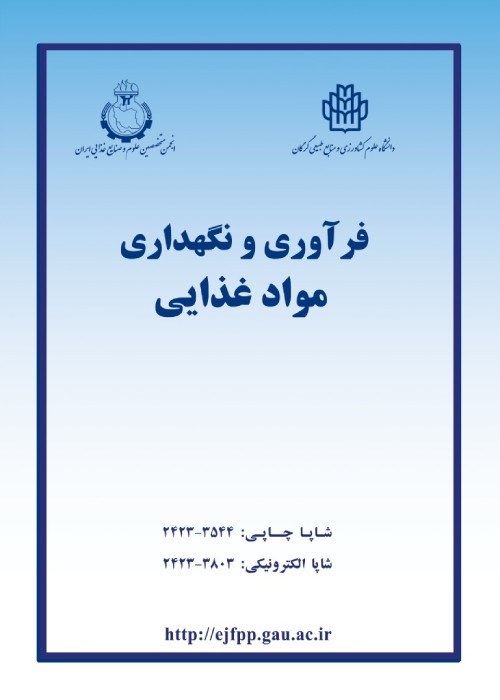Effect of processing on food allergens
Today, food allergies are increasing in different societies, and consumers have become more aware of food sensitivities, including allergies, and receive the necessary training. Recently, proposed food allergen labeling requirements in the European Union and the United States have increased awareness of food allergies among consumers, food manufacturers, and regulatory agencies. It is important to note that there is a lack of systematic and statistically valid data on true food allergies worldwide. It may also be underreported or simply undiagnosed in underdeveloped and developing countries. Considering that Asian countries constitute a major part of the world's population, the actual incidence of food allergies may be significantly higher than estimates and/or documentation. Therefore, efforts should be made to reduce food allergens.
Food allergens are almost always proteins. As studies have shown, protein denaturation and/or hydrolysis during food processing can be used to produce anti-allergenic products. According to the findings, food processing can affect the allergenicity of food proteins. Small allergenic proteins can be physically removed from some foods. In contrast, for larger proteins, enzymatic hydrolysis, chemical modification, or a combination of physical, chemical, and biochemical processes are often required to reduce or eliminate food allergenic genes.
As mentioned, food allergy is increasing and a global health concern. Among the measures thought to reduce food allergies, there are relatively effective food processing techniques, especially thermal and ultrasound methods that reduce the allergenicity of food proteins by changing structural epitopes through increasing cross-linking of proteins or they are useful by modifying linear epitopes through fragmentation. Also, more studies on the effects of food processing on the clinically relevant reactivity of food allergens in the body are necessary. This article is a short review on the effects of dry and wet heat process of food, irradiation, ultrasound, fermentation, proteolytic process, cold plasma, etc. in this field. In the following, examples of the effects of processes on the stability of food allergens are presented.Food processing can affect the sensitizing of food proteins. The extent of the effects depends on various factors, including the allergen and its biochemical and immunological properties, food matrix, processing conditions, thermodynamics of the allergen - IgE interaction, and patient sensitivity (threshold, tolerance and persistence of the allergen, allergic reaction to a specific allergen). To remove large allergenic proteins, enzymatic hydrolysis, chemical modification, or a combination of physical, chemical, and biochemical processes are often required to reduce or eliminate food allergenic genes. Protein oligomerization, as a result of the process, is considered one of the main contributing factors in the process of allergens. On the other hand, unstable oligomeric proteins may undergo dissociation into constituent polypeptides.Food processing can affect the sensitizing of food proteins. The extent of the effects depends on various factors, including the allergen and its biochemical and immunological properties, food matrix, processing conditions, thermodynamics of the allergen - IgE interaction, and patient sensitivity (threshold, tolerance and persistence of the allergen, allergic reaction to a specific allergen). To remove large allergenic proteins, enzymatic hydrolysis, chemical modification, or a combination of physical, chemical, and biochemical processes are often required to reduce or eliminate food allergenic genes. Protein oligomerization, as a result of the process, is considered one of the main contributing factors in the process of allergens. On the other hand, unstable oligomeric proteins may undergo dissociation into constituent polypeptides.
- حق عضویت دریافتی صرف حمایت از نشریات عضو و نگهداری، تکمیل و توسعه مگیران میشود.
- پرداخت حق اشتراک و دانلود مقالات اجازه بازنشر آن در سایر رسانههای چاپی و دیجیتال را به کاربر نمیدهد.



